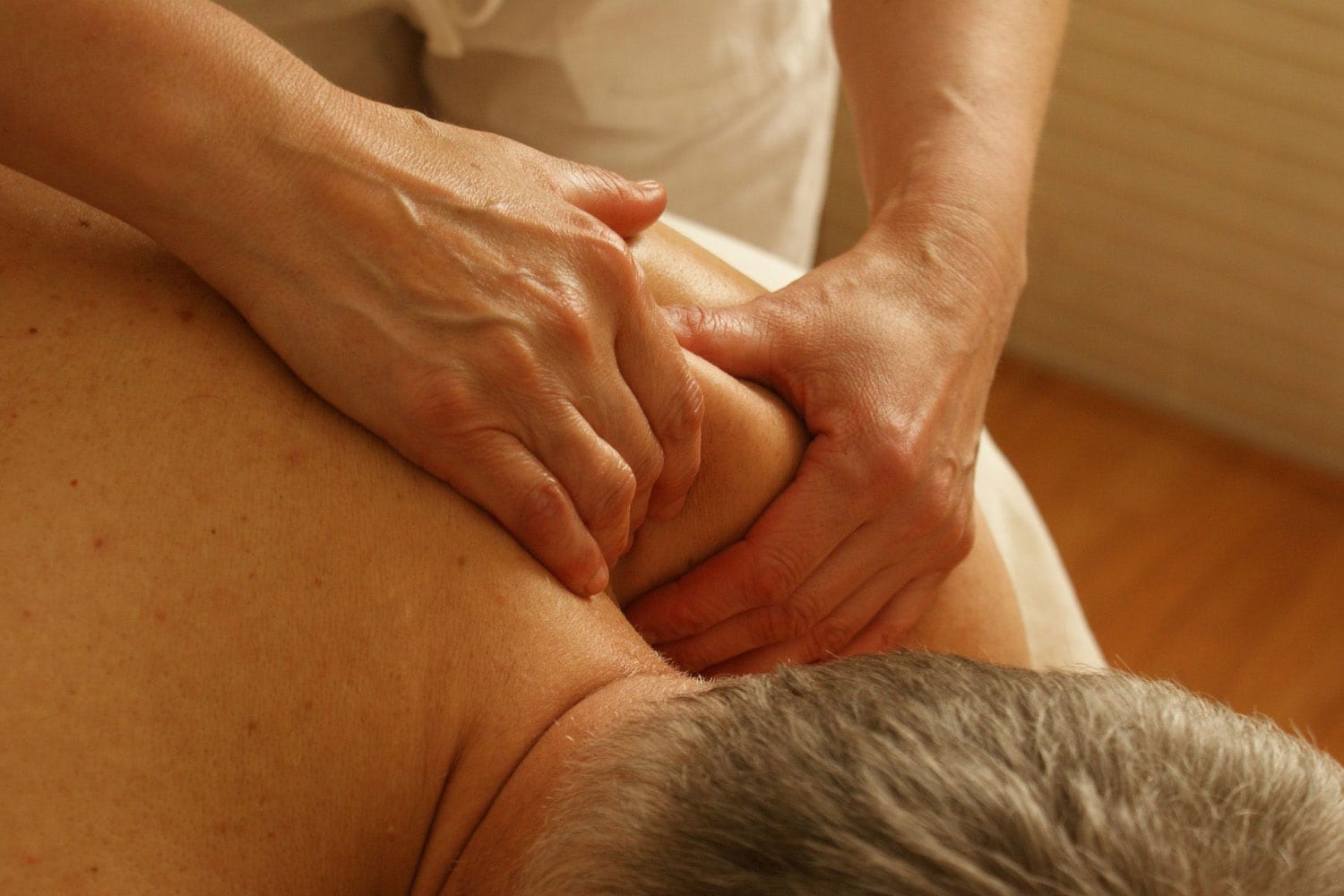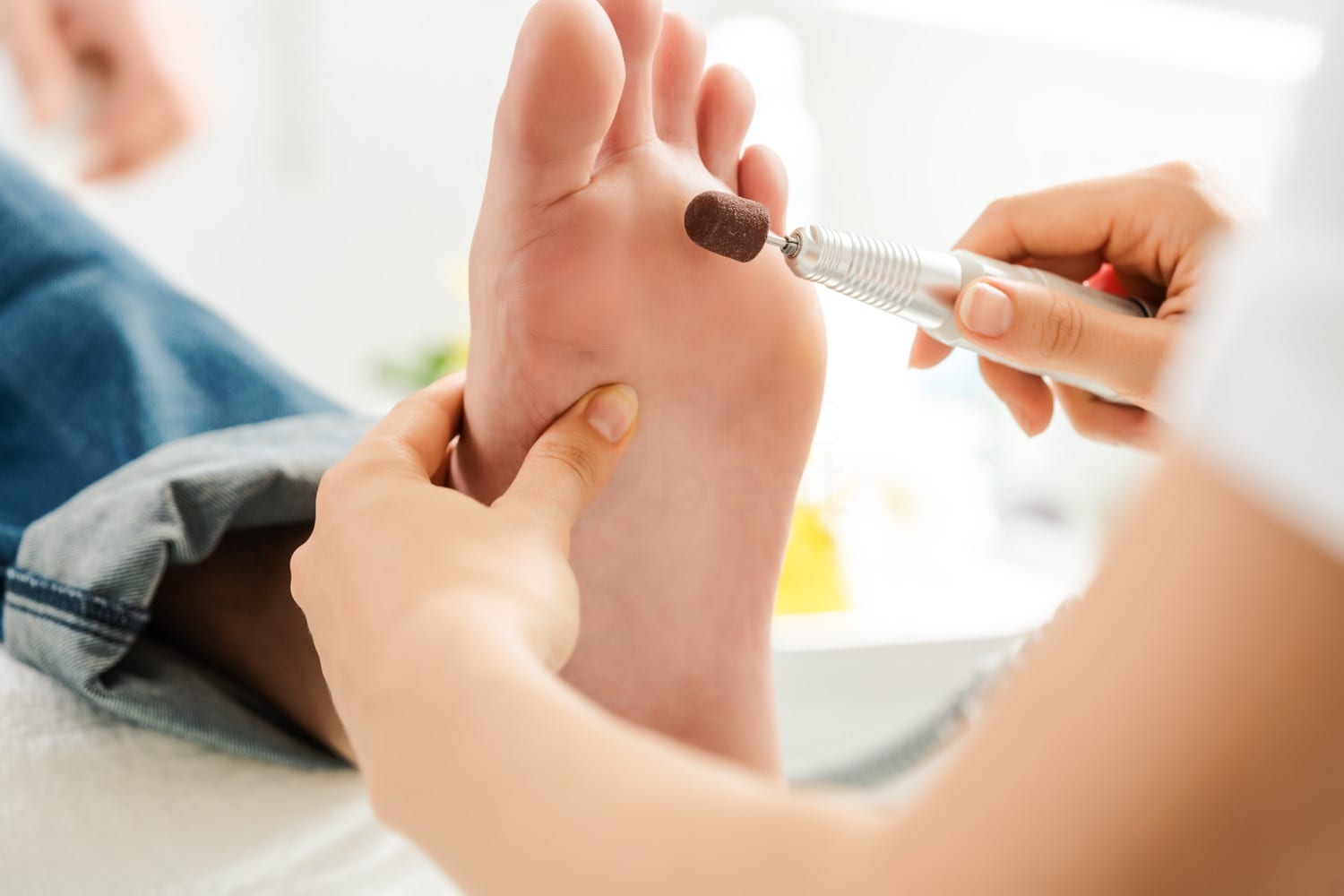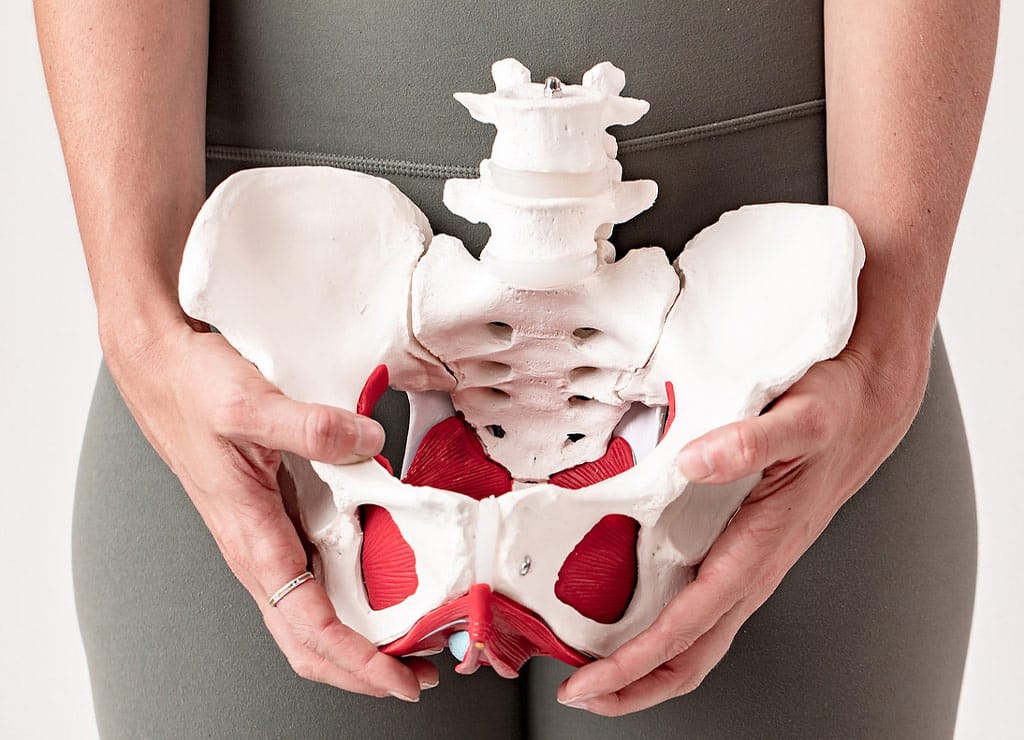Partial knee replacement is often overlooked as a surgical procedure for arthritic knees, however, research has shown that suitable candidates for this procedure have an improved quality of life, as well as an improved life expectancy!
Partial knee replacement is typically performed on the medial/inner side of the knee when the knee cap and outer side of the knee are not structurally compromised. Suitable candidates for partial knee replacement will report pain only on the medial side of their knee and show minimal degeneration over the knee cap and outer compartment of the knee on x-ray. Before surgery is considered, they will have already tried conservative treatments such as physiotherapy and non-steroidal anti-inflammatory drugs (unsuccessfully).
The advantages of a partial knee replacement include shorter hospital stays, a faster recovery, superior function post-surgery, a more “natural feeling” knee, and…an improved life expectancy! The belief surrounding this finding is that an improved recovery and functional outcome allows greater levels of physical activity and quality of life following the procedure, and that these better circumstances lead to improved physical health/life expectancy.
So why is partial knee replacement over-looked? Well firstly, most people presenting with an arthritic knee are not suitable for this procedure due to degeneration in other compartments of the knee. These people require a total knee replacement. The other down-side to partial knee replacement is that these joint replacements DO NOT last as long as total knee replacements and will therefore require revision surgery. The competency of the specialist is also imperative as there is a higher chance of surgical failure – research shows they need to perform the procedure regularly to remain competent! However, with advancing medical technology and rehab protocols, the gap is steadily closing on the success of partial knee surgeries and their longevity.
In summary, when faced with a degenerative knee condition it is important to exhaust conservative treatments such as physiotherapy before ANY surgical option is considered. An improved life expectancy and quality of life may outweigh the inconvenience of revision surgery to those eligible for a partial knee replacement, thus we should remain open-minded to this procedure.








